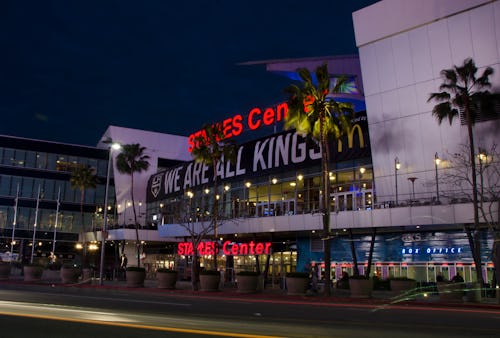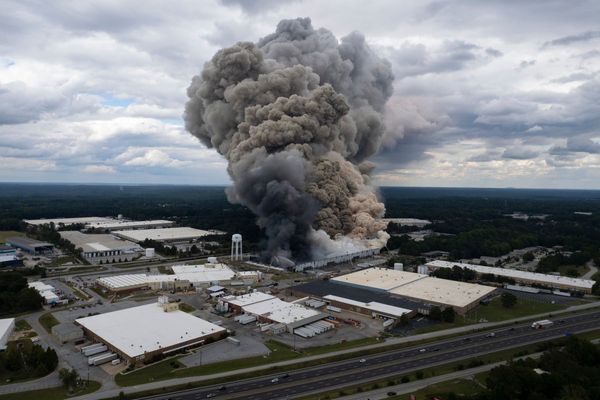
Depending on whether you are a tech enthusiast or you’re tired of finance bros explaining how cryptocurrency and NFTs work, this Christmas will either be offering you a big present or a lump of coal. On December 25, Staples Center, the iconic Los Angeles arena and home of the Lakers and Clippers, will officially be changing its name to Crypto.com Arena.
The announcement of the new moniker, which is named after a Singapore-based cryptocurrency platform, was swiftly met with backlash — partly because of the atrocious sound of the branding itself with its clumsy “dot com,” but also for the mere fact of departing from the Staples Center title.
The venue, which has been known as Staples Center since 1999, is firmly associated with the Kobe Bryant era of basketball, not only for Los Angeles but for basketball fans the world over. To change the name is to tamper with an entire generation’s worth of memories around sports and the city of L.A.
There’s also the jarring nature of the transition between two vastly different business entities. Among the long line of corporations branded across the nation’s stadiums and arenas, Staples, your home for printers and cardboard boxes, is about as sleepy and inoffensive as you can get. One of the nation’s most famous venues transitioning from such a harmless brand to a company centered around cryptocurrency — perhaps the most polarizing subjects in business and in daily life — is, for those who associate the digital coin with tech snobs and environmental degradation, headache-inducing.
For crypto enthusiasts, though, the move is huge — the 20-year contract, which came at a $700 million price tag and is reportedly the largest naming rights deal ever for a U.S. venue, is among the most high-profile and expensive branding maneuvers that anything crypto-related has done. As if the last few years haven’t proved it enough, crypto is here to stay. (The naming announcement has already led to a surge for the Crypto.com’s own coin.) Folded into this massive deal is also, apparently, a grand plan to renovate and revamp the stadium itself.
The entire development is a revealing example of just how effective this kind of advertising can be. One might assume it’s not worth it to pay several hundreds of millions of dollars to slap a name on a building, but you also wouldn’t expect hordes of fans becoming riled up about an office supply chain and its visceral connection to their most cherished memories of life. Perhaps in another 20 years, a new generation will be anguished to see Crypto.com Arena cede its name and all the experiences it represents to another corporate title — let’s just hope the next one rolls off the tongue a little better.







